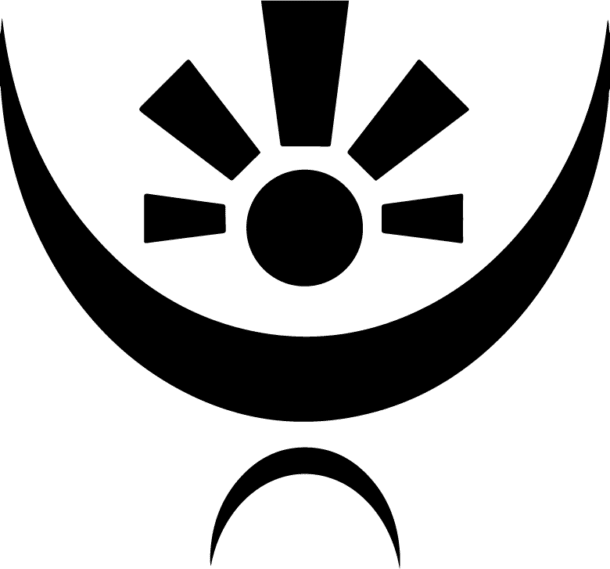When it comes to concussion recovery, treatment plans need to take into account the wide variety of symptoms and issues unique to each individuals injury. Acupuncture has a regulatory, or modulatory effect on a person’s physiology and is a great tool that can be used as part of a concussion recovery program for many reasons, including the following:
1. Blood Flow to the Brain
Acupuncture modulates blood flow to the brain. Following a concussion, it is well documented that cerebral blood flow can decline for days, to weeks, to months, to years following a concussion, depending on the individual. Research looking at changes in cerebral blood flow following acupuncture, has shown that acupuncture can increase blood flow through several main arteries supplying the brain including the middle cerebral artery and basilar artery. Acupuncture can also improve cerebral glucose metabolism, a process that is often dysregulated following concussion. To learn more about damage to the blood brain barrier from concussions and repetitive sub-concussive hit to the head, click here.
2. Sympathetic Dominance & Chronic Anxiety
Many people after a concussion experience an increase in sympathetic nervous system activity that can contribute to symptoms such as irritability, insomnia, chronic anxiety, headaches, increased pain, sweating, and light sensitivity. Acupuncture can help balance the autonomic nervous system and tip the scales towards less sympathetic activity and more parasympathetic activity, helping to alleviate these symptoms.
3. Pain Relief
Following a concussion many people have increased frequency and severity of headaches, neck pain, and muscle tension. During the first 2 weeks following concussion it is advised not to take anti-inflammatory medication. The acute inflammatory process is an important step that needs to occur in order for the brain to heal and clear out cellular debris following head trauma. Therefore, alternative options for the management of pain are needed. Acupuncture can be helpful during this time to manage pain from headaches and neck tension. I frequently see patients during this acute stage following a concussion where the standard of care is simply to rest. Acupuncture, when provided in a dark, quiet space, can help to reduce pain and aid in symptom management during both acute and chronic stages of recovery. To learn more about acupuncture for pain, click here.
4. Relief from Nausea
Nausea is a common symptom following concussion, seen in both the acute stage and in post-concussion syndrome. Nausea may be present as a result of vestibular imbalances causing vertigo or dizziness, increased motion sensitivity, eye movement disorders, or a dysregulation of autonomic nervous system dysfunction. Acupuncture can help reduce the severity and frequency of nausea. For more information on dizziness and vertigo related to concussion, read my blog post here.
5. Improving Sensory Mapping
The brain has maps of the head, neck, and body in several different areas, including the parietal lobe and cerebellum. Following a concussion these maps can become damaged or “blurred” together. In the case of whiplash that often occurs in conjunction with head trauma, the map of the neck in the brain can becomes blurred. When the brain has decreased awareness of sensory input carrying information about neck position and neck movements, this causes problems with sensory integration. Poor sensory integration leads to chronic neck and upper back pain, neck stiffness, headaches, and even increases the risk of future concussions. Acupuncture helps to activate the parietal cortex and increases the amount of proprioceptive information that travels up the spinal cord to the brain. In doing so, it can improve the sensory maps in the brain. This leads to improved blood flow to the areas that are injured, and allows the brain to provide the proper non-volitional shunt stability to areas of the spine and back.
Acupuncture is a gentle and safe therapeutic tool that can be used along side many other therapies in the concussion recovery process. Our clinic specializes in concussions and traumatic brain injuries. Patients receive a comprehensive functional neurological exam that provides a deeper understanding of the unique aspects of neurological function that needs to be addresses for their individualized and targeted healing. To learn more, call us at 541-233-9352.
References:
Meier TB, Bellgowan PSF, Singh R, Kuplicki R, Polanski D, Mayer AR: Recovery of cerebral blood flow following sports-related concussion. JAMA Neurol 2015, 72:530-538.
An YS, Moon, S.K., Min, I.K., and Kim, D.Y. : Changes in regional cerebral blood flow and glucose metabolism following electroacupuncture at Li 4 and Li 11 in normal volunteers. The Journal of Alternative and Complementary Medicine 2009, 15:1075-1081.
Byeon HS, Moon, S.K., Park, S.U., Jung, W.S., Park, J.M., Ko, C.N., Cho, K.H., Kim, Y.S., and Bae, H.S. : Effects of GV20 acupuncture on cerebral blood flow velocity of middle cerebral artery and anterior cerebral artery territories, and CO2 reactivity during hypocapnia in normal subjects. The Journal of Alternative and Complementary Medicine 2011, 17:219-224.
Hori E, Takamoto K, Urakawa S, Ono T, Nishijo H: Effects of acupuncture on the brain hemodynamics. Auton Neurosci 2010, 157:74-80.
Zhang X, Wu, B., Nie, K., Jia, Y., and Yu, J. : Effects of acupuncture on declined cerebral blood flow, impaired mitochondrial respiratory function and oxidative stress in multi-infarct dementia rats. Neurochemistry International 2014, 65.


